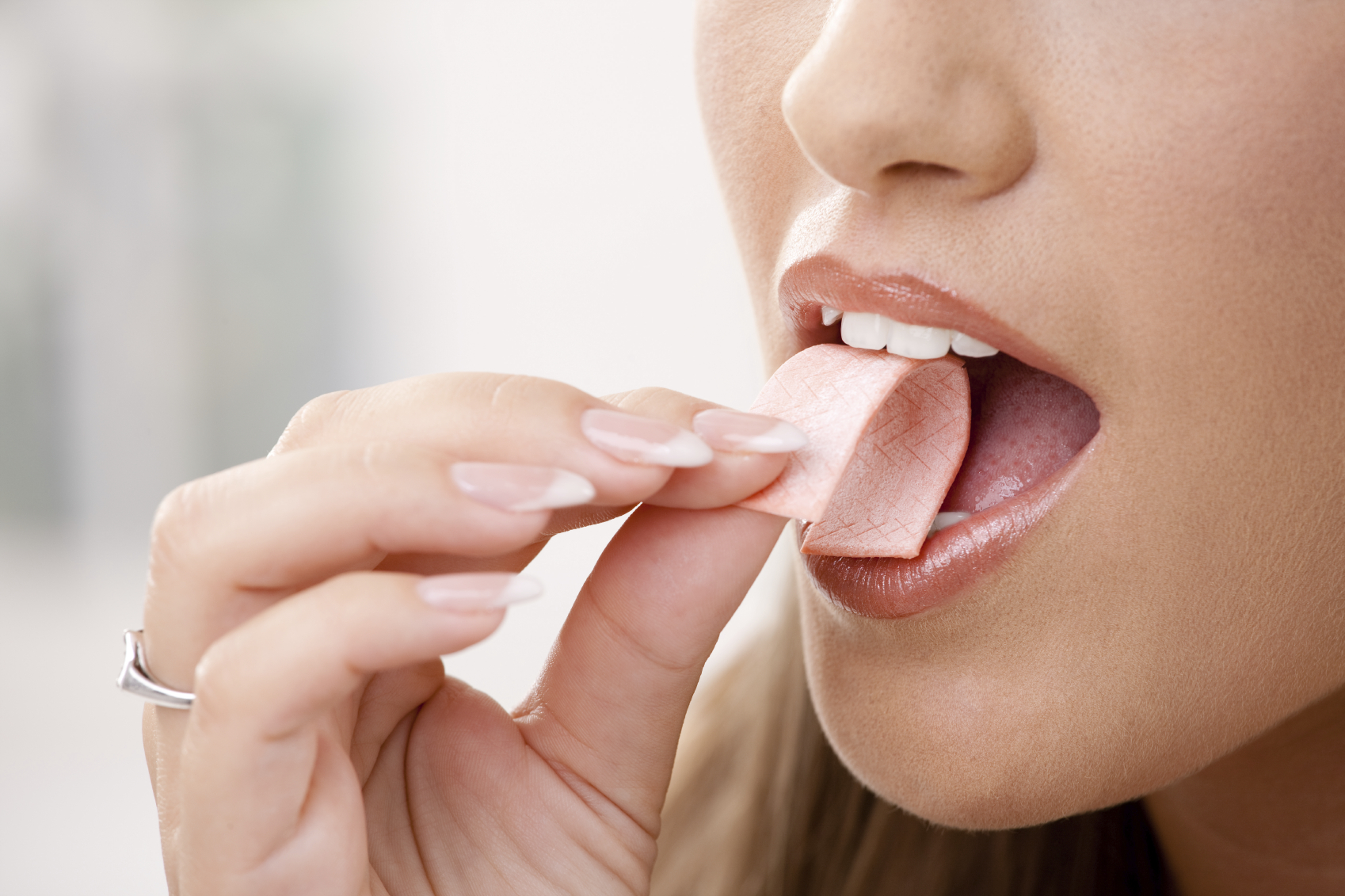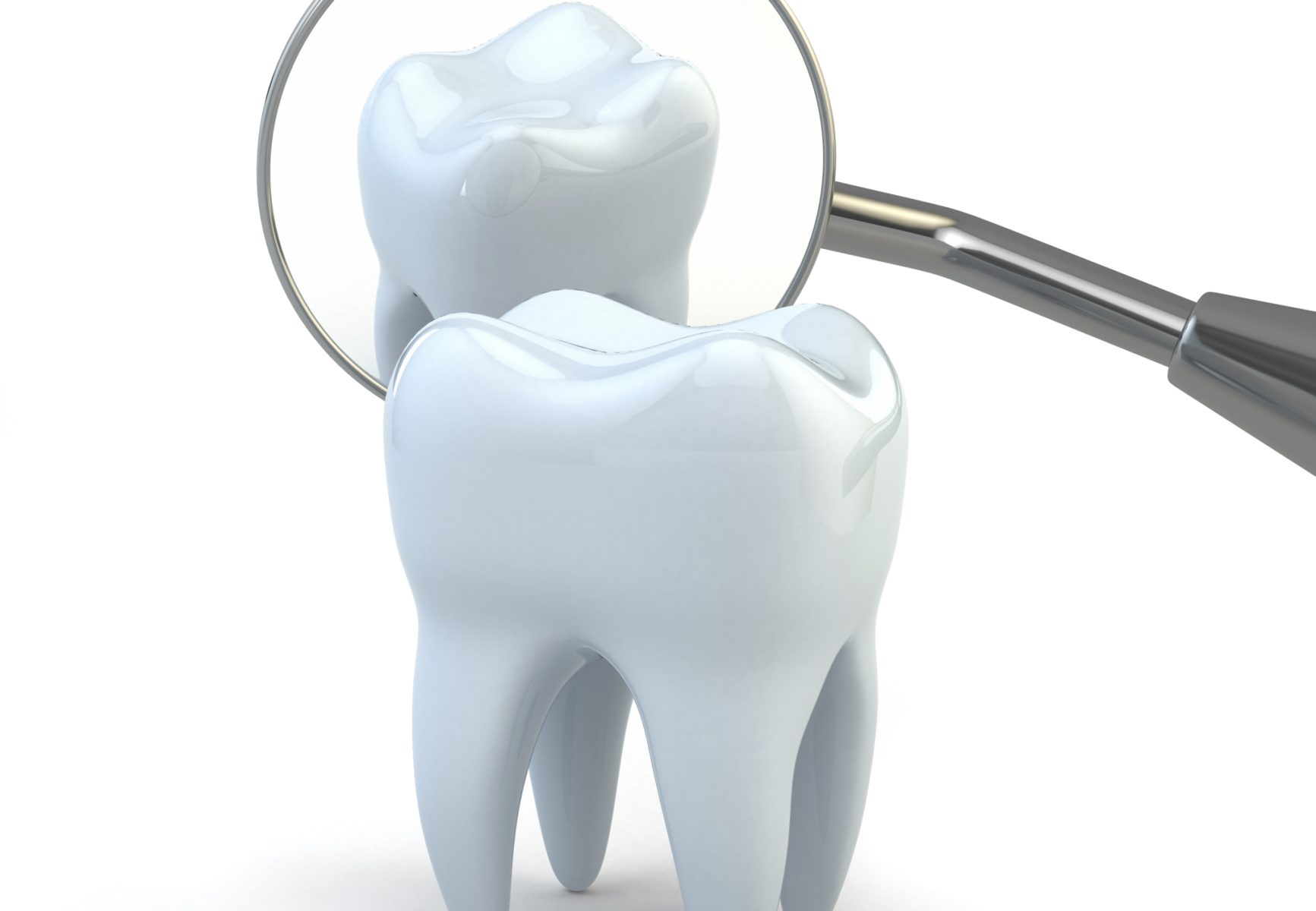Dry mouth can be caused by a natural inability for your glands to produce sufficient saliva, medication, aging issues or as a result of radiation therapy. Dry mouth is a condition in which one’s salivary glands produce an insufficient amount of saliva to keep your mouth wet.
Saliva is important because it naturally prevents tooth decay by neutralizing acids, limits bacterial growth, and washing away food particles throughout the day. It also makes the consumption of food easier as enzymes in the saliva aid in the breakdown of food. While dry mouth is an inconvenience, it can also have a notable impact on your general and oral health.
Dry mouth complications:
– Increased plaque
– Mouth sores
– Tooth decay
– Gum disease
– Sores or split skin around the mouth
Common symptoms:
– Dryness or sticky mouth feel
– Bad breath
– Dry or grooved tongue
– Difficulty chewing, speaking, and swallowing
Due to the variety of causes for dry mouth, it’s important to discuss any concerns you may have with your doctor. Your dentist however may be a good resource for suggestions about how to protect your teeth.
At-home remedies:
– Sip water or chew ice chips during the day and during meals
– Chew sugar-free gum
– Over-the-counter saliva substitutes
– Breathe through your nose
– Utilize a humidifier
Dry mouth habits:
– Consumption of caffeine and alcohol
– The use of tobacco, antihistamines, and decongestants
– Consumption of sugary, acidic, spicy or salty foods
Some suggestions may include a fluoride tray or rinse to prevent cavities. There are also prescription or over-the-counter artificial saliva or moisturizers to lubricate your mouth. These can be effective means of alleviating discomfort in addition to suggestions made by your physician.
If you would like more information, call Dr. Herd in Rancho Santa Margarita, CA at 949-858-5147 or visit www.gregherddds.com.
Dr. Greg J. Herd proudly serves Rancho Santa Margarita and all surrounding areas.


